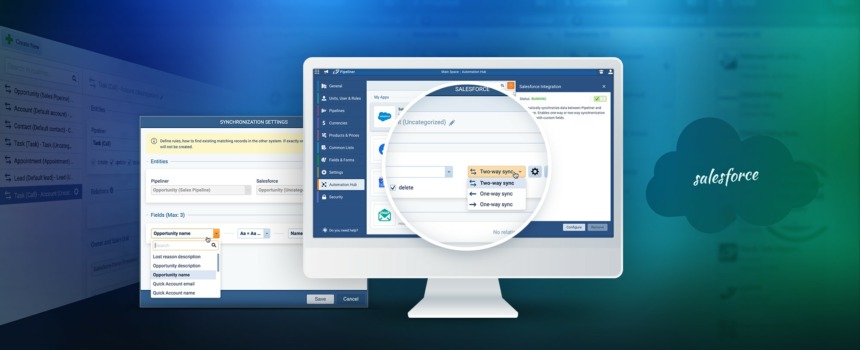Without the right tools, you can never do a job on time, let alone productively and efficiently. Most companies choose the wrong tools for what they need to accomplish, especially when it comes to CRM. Many companies buy tools without fully understanding or vetting the capabilities they need to achieve their digital transformation. We are experiencing significant societal changes, and it’s becoming increasingly clear that the speed at which a company must drive digital processes internally will be brutal and devastating if not handled properly.
In his book Fanatical Prospecting, Jeb Blount emphasizes that prospecting is the most expensive thing you can do in sales, especially if you spend your time with the wrong prospects. It’s not just about spending time with the wrong prospects; it’s also about not having the right sales tools. Today, CRM is not just a database; it’s about having the right contacts and following up effectively. With the right tools, you can make your daily work highly effective. You want to focus on what’s important, spend your time efficiently with the right people, and have time to build strong relationships. Unfortunately, most salespeople have not had enough time for this over the past few years because they have been too focused on internal tasks and administration instead of spending enough time with real people, as statistics show.
So, CRM is the most essential tool in your sales arsenal because it allows you to manage the details and tasks you need. Keep in mind, however, that in addition to organizing and managing your pipeline and deal flow, you also need to consider your “pipeline creation rate.” This refers to how much opportunity value you create and put into the pipeline per week, day, or month. Additionally, considering how quickly that value is moving through the pipeline is also essential. This is a separate topic that I will cover in another article.
Today, CRM is not just a necessary tool—it is essential. It’s like trying to move to another country without flying or driving; you just can’t do it. In the same way, a company today cannot survive without a telephone or the Internet. The same goes for any sales organization without the right CRM tool—they will go the way of the dinosaurs.
Therefore, it is crucial to make the right decision when choosing a CRM tool. The question is, how do you make that decision? I emphasized this point in my eBook “CRM and Sales Performance: An Empirical Study”, but the key takeaway is that it’s important to understand that not having a good CRM system can be extremely costly—not only because salespeople don’t like using multiple systems but also because of mindset issues.
This decision needs to be carefully considered and should not be based on brand or other superficial factors. It needs to fit your specific industry and sales process. Ultimately, your company will never see the desired results unless management takes responsibility for implementing and executing the CRM system correctly.
Fortunately, technology has made life easier for salespeople with tools such as speech-to-text technology for note-taking during meetings. This allows them to focus on their interactions with customers rather than spending time taking notes.
Here’s the truth about CRM, according to Jeb Blount:
If you don’t own it, you’ll never reach your true revenue potential. I agree with him 100% because it’s a top-down decision, execution, and implementation.
It starts with you as a leader—whether you are a sales leader or at any level—adopting any digital system, especially regarding workflow, repetitive tasks, and organizing information. CRM is important for prospecting; you cannot prospect without technology today. It’s also critical for account management to know which customers bring in the most revenue.
Typically, 80% of your best customers generate 20% of new customers and convert prospects into revenue streams. Without a system, keeping track of your daily tasks and responsibilities becomes difficult. There are too many issues and tasks to manage without it. That’s why working with CRM is essential.
Many salespeople still have a negative attitude towards CRM, and they do not see it as the best tool they can have. Imagine creating a summary after a call without typing anything—you can talk to the computer, use AI to correct the text, and automatically create bullet points and tasks based on the call notes. There’s no need to update or track your notes manually; Pipeliner CRM does everything for you. Who wouldn’t want that?
Focus on your own goals and what you want to achieve. Management helps coach salespeople to reach their full potential with the tools they are given. We have moved away from the formal use of CRM; now, at the end of the day, prospecting is all about using CRM effectively.





















Comments